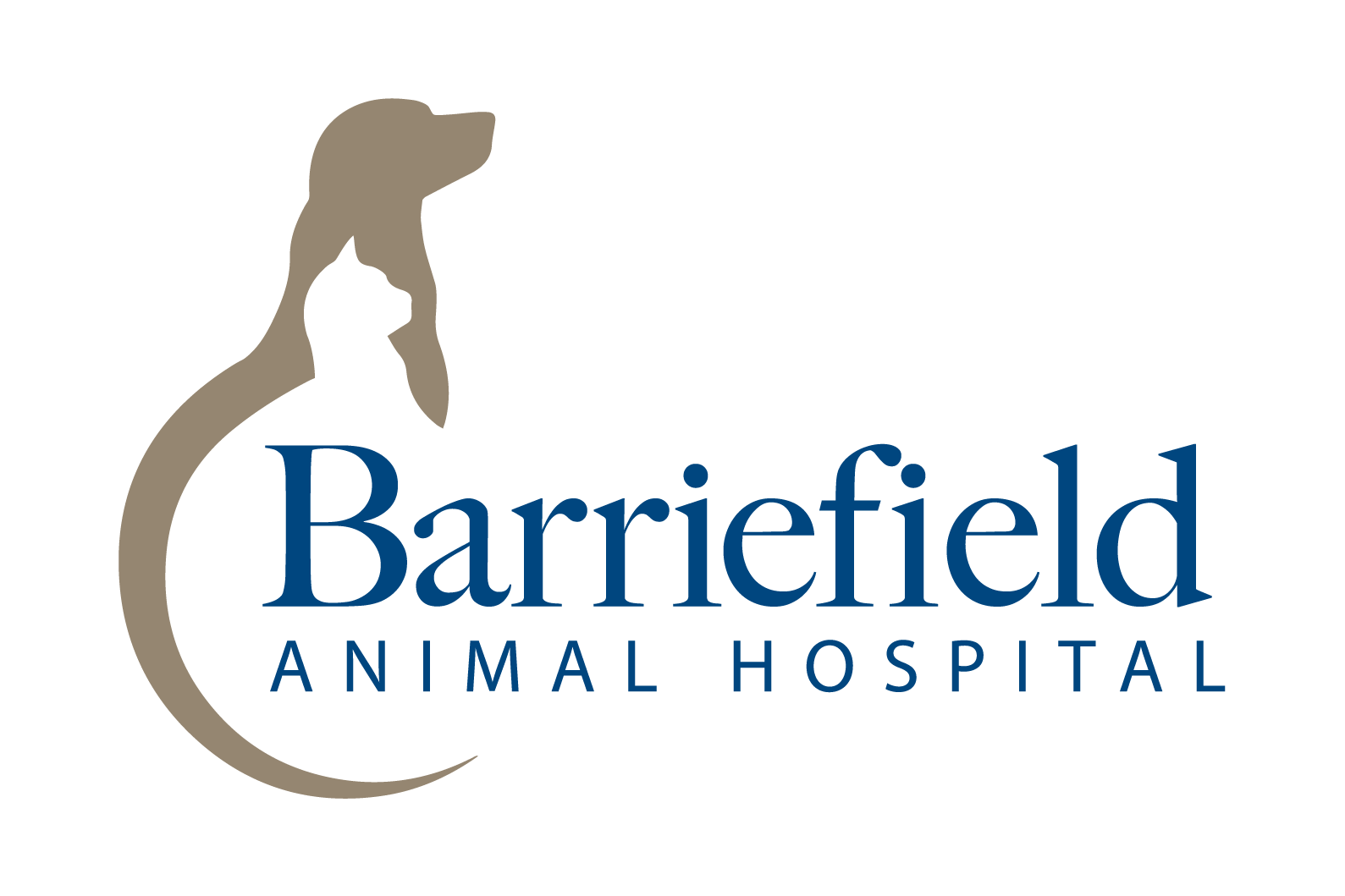Who is a senior pet?
Dogs are often labelled as ‘senior’ when they reach seven years of age. This is not always accurate, however, as giant breed dogs can be seniors at a younger age, and small breed dogs may not show any signs of aging until they are closer to ten.
What are the most common health issues experienced by senior dogs?
Aging dogs and their owners face many challenges, including arthritis, muscle loss, behaviour changes, loss of organ function, decreased hearing and vision, and weight gain. We can help make many of these changes easier for both you and your pet, which is why regular senior checkups are recommended.
How should I care for my senior dog?
Many diseases are more common in older dogs. Physical exam and early disease detection blood work can help catch these illnesses before your dog becomes unwell. One of the biggest health concerns facing senior dogs is degenerative joint disease, also known as osteoarthritis. Large breed dogs are most commonly affected, but this condition occurs in small breeds as well. The biggest risk factor for arthritis is obesity. Preventing weight gain with an appropriate high-quality diet and feeding plan is crucial as your pet becomes less active. Supplements, diets, medications, physiotherapy, and exercise modification may all be recommended to help ease the discomfort of aging joints and improve quality of life. Older dogs benefit from regular exercise, particularly low impact activities such as swimming.




